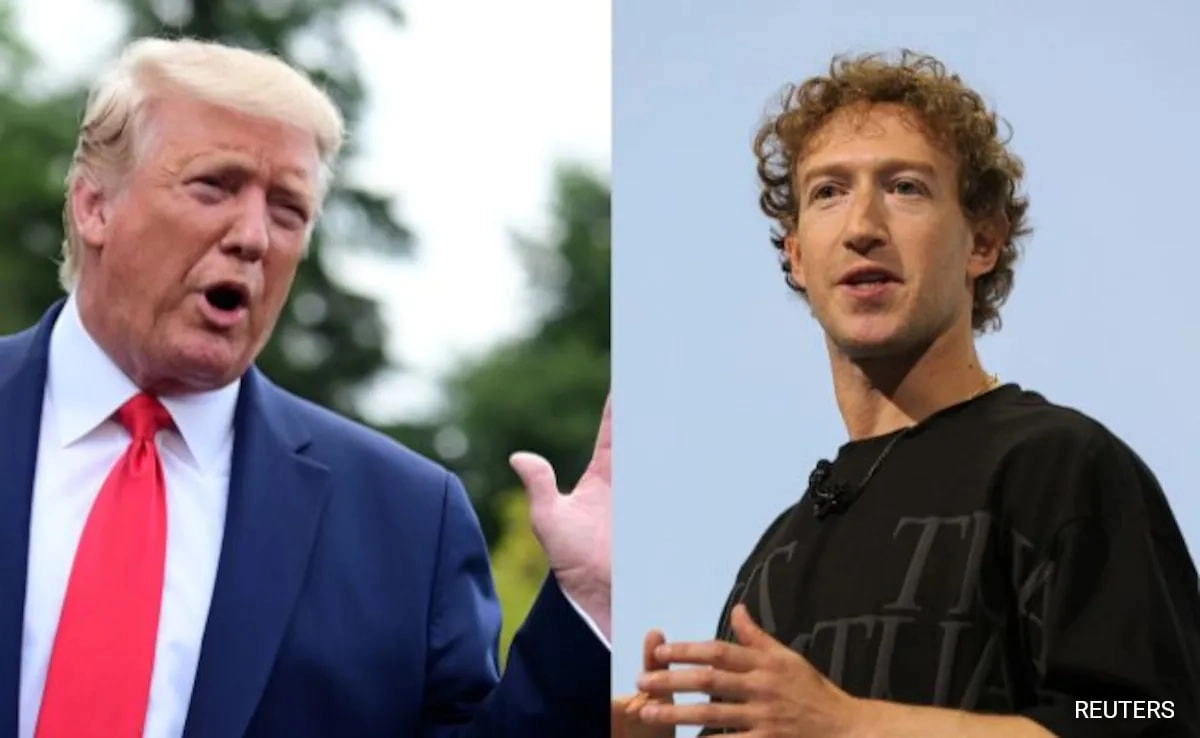In a significant move that has attracted considerable attention, former President Donald Trump recently announced the introduction of reciprocal tariffs on various countries. This policy aims to address what Trump describes as unfair trade practices that have disadvantaged American industries and workers for years. By implementing these tariffs, the administration seeks to level the playing field and ensure that foreign nations adhere to fair trade principles, thus protecting U.S. economic interests.
The list of countries affected by these tariffs highlights a range of nations, some of which have been longstanding trade partners with the United States. Trump emphasized that the tariffs are designed to counterbalance existing tariffs and trade barriers imposed by these countries on American goods. The administration’s strategy is to compel foreign governments to reconsider their trade policies, ultimately fostering a more equitable trading environment. Trump’s supporters argue that such measures are essential for revitalizing American manufacturing and preserving jobs that have been lost to globalization and unfair competition.
Critics of the tariff policy, however, express concern over the potential backlash and economic repercussions. They argue that imposing reciprocal tariffs could lead to trade wars, escalating tensions with allied nations, and ultimately harming American consumers through increased prices. As the global economy becomes increasingly interconnected, the implications of these tariffs may extend beyond immediate trade relationships, affecting international markets and diplomatic ties. The success of this approach remains to be seen, as stakeholders from various sectors weigh in on the potential benefits and drawbacks of such a bold economic strategy.
Overall, Trump’s unveiling of reciprocal tariffs reflects a broader commitment to reshaping U.S. trade policy. The administration’s focus on fairness and reciprocity in trade agreements resonates with a segment of the American public that feels neglected by previous trade deals. As the situation evolves, it will be crucial to monitor how these tariffs impact not only international relations but also the domestic economy, as businesses and consumers navigate the new landscape. The unfolding developments will undoubtedly shape the future of American trade policy and its role in the global market.




